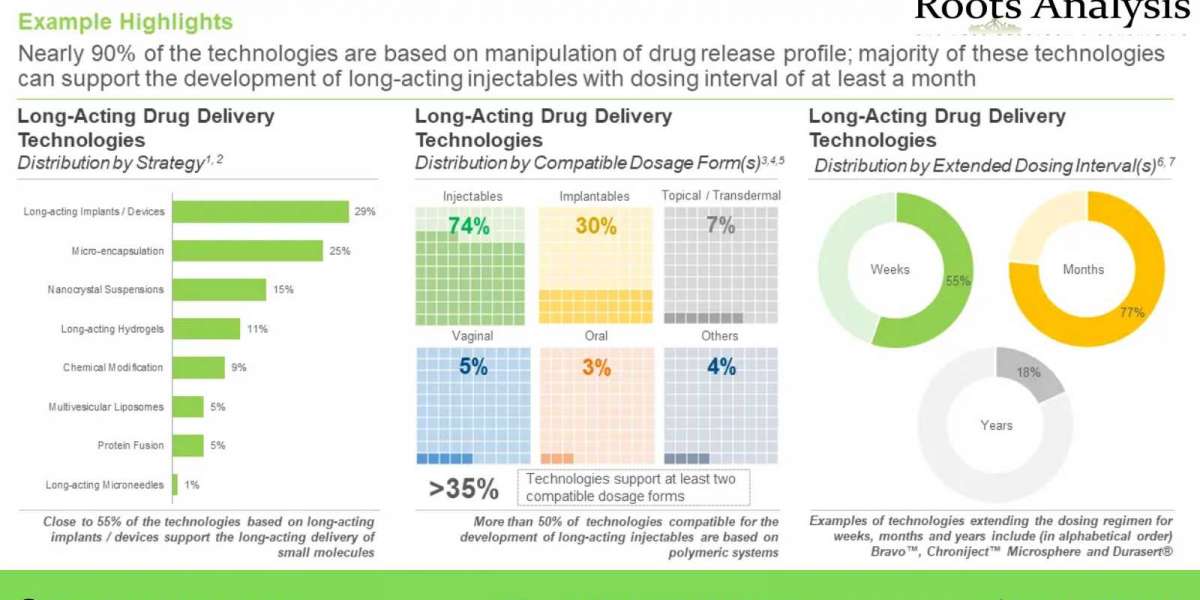In the rapidly evolving landscape of digital currencies, Ethereum has emerged as a formidable player, expanding the horizons beyond Bitcoin. While Bitcoin paved the way for decentralized currencies, Ethereum's unique features and capabilities have positioned it as a frontrunner in the payment processing industry. One of the key aspects contributing to Ethereum's prominence is the rise of Ethereum payment gateway. These gateways play a pivotal role in facilitating seamless transactions, offering businesses and users a decentralized alternative to traditional payment methods.
The Emergence of Ethereum
At the heart of Ethereum's growing popularity is its capability to execute smart contracts, self-executing contracts with the terms of the agreement directly written into code. Ethereum payment gateways leverage this technology to enable secure and efficient transactions. Unlike traditional payment gateways that rely on centralized systems, Ethereum payment gateways operate on a decentralized network of nodes. This decentralized nature brings a host of advantages, including enhanced security, reduced risk of fraud, and increased transparency in financial transactions.
Breaking Down Barriers for Businesses
One of the primary reasons Ethereum gateways are gaining traction is their ability to cater to the diverse needs of businesses, irrespective of their size or industry. Small and medium-sized enterprises (SMEs) are finding Ethereum payment gateways particularly appealing due to lower transaction costs compared to traditional methods. Moreover, the decentralized nature of Ethereum minimizes the dependency on intermediaries, reducing processing times and eliminating the need for third-party verifications.
International Transactions Made Seamless
Ethereum payments are breaking down barriers in the realm of international transactions. Traditional cross-border payments often involve a complex web of intermediaries, resulting in delays and higher costs. Ethereum's decentralized approach allows for direct peer-to-peer transactions, enabling businesses to conduct international transactions swiftly and at a fraction of the cost incurred through conventional methods. This is especially significant in the globalized economy, where businesses operate on a scale that spans multiple countries.
Enhancing Security in Transactions
Security remains a paramount concern in the world of digital transactions. Ethereum payments address these concerns by leveraging blockchain technology, which ensures that every transaction is recorded on an immutable and transparent ledger. The decentralized and distributed nature of Ethereum's blockchain makes it inherently resistant to hacking and fraud. This not only instills confidence among businesses and users but also establishes Ethereum payment gateways as a secure alternative in the payment processing ecosystem.
The Rise of Smart Contracts and Decentralized Finance (DeFi)
Ethereum's unique proposition extends beyond payment processing to encompass the realm of smart contracts and decentralized finance (DeFi). Smart contracts, powered by Ethereum's blockchain, automate and enforce the terms of agreements, further streamlining business processes. The integration of Ethereum payment gateways with DeFi protocols opens up new avenues for businesses and individuals to participate in a decentralized financial ecosystem, offering a range of financial services without the need for traditional intermediaries.
Looking Ahead: Ethereum 2.0 and Future Innovations
As Ethereum continues to evolve, the introduction of Ethereum 2.0 brings scalability and sustainability to the network, addressing some of the challenges faced by its predecessor. The upgrade is expected to enhance transaction speed and reduce energy consumption, making Ethereum payment gateways even more appealing for businesses looking for efficiency and environmental sustainability in their financial transactions.
Conclusion
In conclusion, Ethereum is carving a niche for themselves in the payment processing industry, offering a decentralized, secure, and efficient alternative to traditional methods. As businesses and users increasingly recognize the advantages of Ethereum over Bitcoin and other cryptocurrencies, the adoption of Ethereum payment gateways is poised to continue its upward trajectory. The decentralized future of finance is unfolding, and Ethereum stands at the forefront, reshaping the way we transact and conduct business in the digital age.








